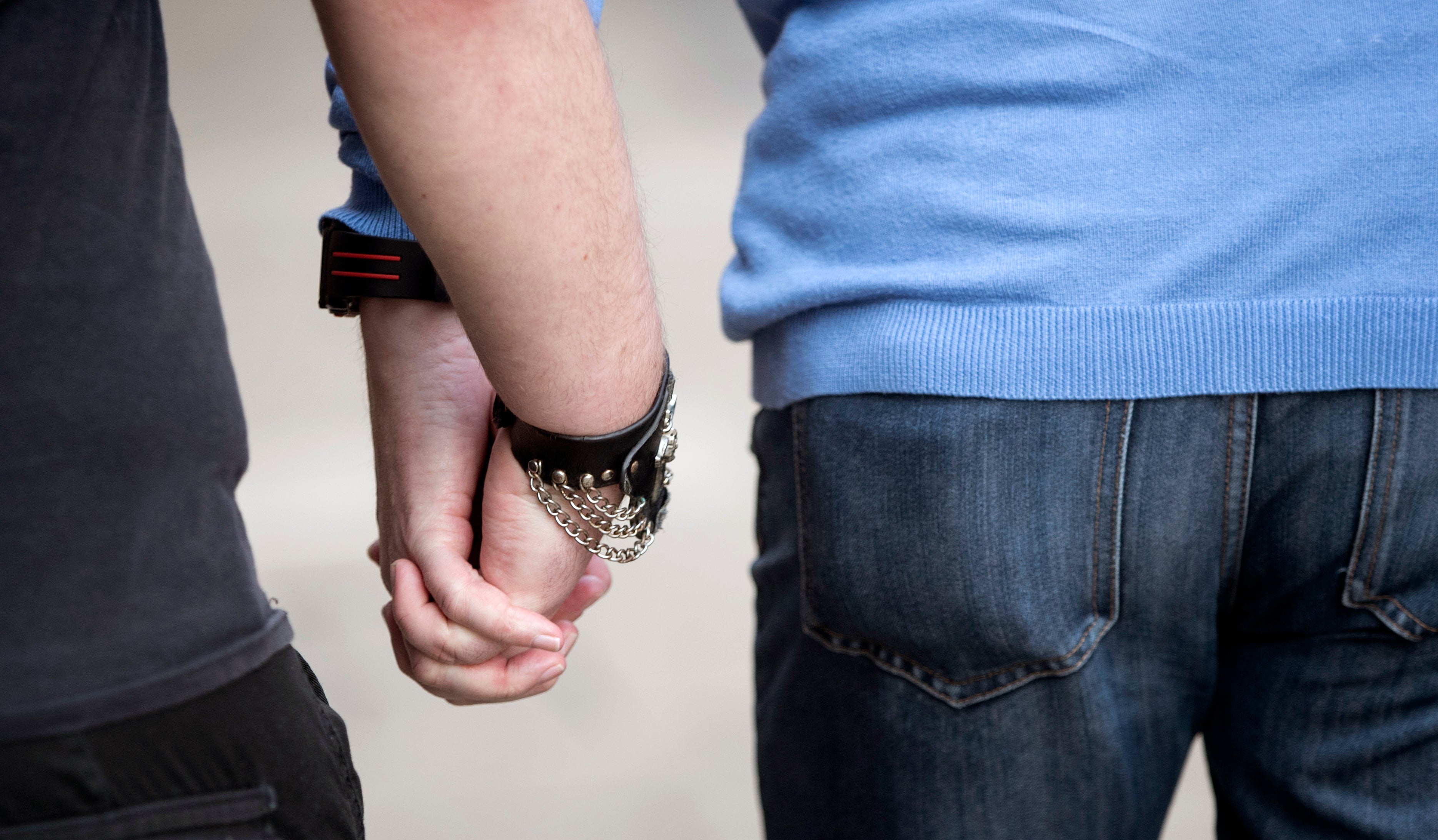Almost half of LGBTQ+ psychiatrists experience hostility due to identity
A survey by the Royal College of Psychiatrists found that 48% of LGBTQ+ respondents had experienced bullying, harassment or microaggressions.

Your support helps us to tell the story
From reproductive rights to climate change to Big Tech, The Independent is on the ground when the story is developing. Whether it's investigating the financials of Elon Musk's pro-Trump PAC or producing our latest documentary, 'The A Word', which shines a light on the American women fighting for reproductive rights, we know how important it is to parse out the facts from the messaging.
At such a critical moment in US history, we need reporters on the ground. Your donation allows us to keep sending journalists to speak to both sides of the story.
The Independent is trusted by Americans across the entire political spectrum. And unlike many other quality news outlets, we choose not to lock Americans out of our reporting and analysis with paywalls. We believe quality journalism should be available to everyone, paid for by those who can afford it.
Your support makes all the difference.Almost half of all LGBTQ+ psychiatrists in the UK have experienced hostility at work because of their identity, according to a survey.
The survey by the Royal College of Psychiatrists, which has around 20,000 members, was the first of its kind.
The survey was completed by 2,282 psychiatrists, with 48% of the 572 LGBTQ+ respondents reporting that they experienced hostility in the workplace because of their identity.
This number was even larger for LGBTQ+ psychiatrists from black, Asian and other minority groups – with 58% saying they had experienced bullying, harassment or microaggressions.
Hostile comments or behaviours, known as microaggressions, were the most common form of workplace hostility reported by LGBTQ+ psychiatrists.
Of those who experienced microaggressions, 31% said they were also bullied and 40% said they were harassed.
Reported microaggressions included co-workers using the wrong pronouns when referring to them or their partner despite being advised otherwise, or making derogatory comments about LGBTQ+ people and other minority groups in their presence.
Just four in 10 LGBTQ+ psychiatrists who said they experienced bullying reported it to their employers. Only one in 10 made a formal complaint.
Dr Pavan Joshi, chair of the College’s Rainbow Special Interest Group, said that no-one should be bullied at work because of their identity.
“Nobody should be bullied, harassed or experience microaggressions at work because of their sexuality or gender identity,” he said.
“Like racism, LGBTQ+ discrimination can be subtle and disguised. Discrimination against LGBTQ+ people will continue unless we each speak up and call it out.
“Staying silent emboldens perpetrators. Discrimination in all its forms damages mental health. It has no place in our society including the workplace.”